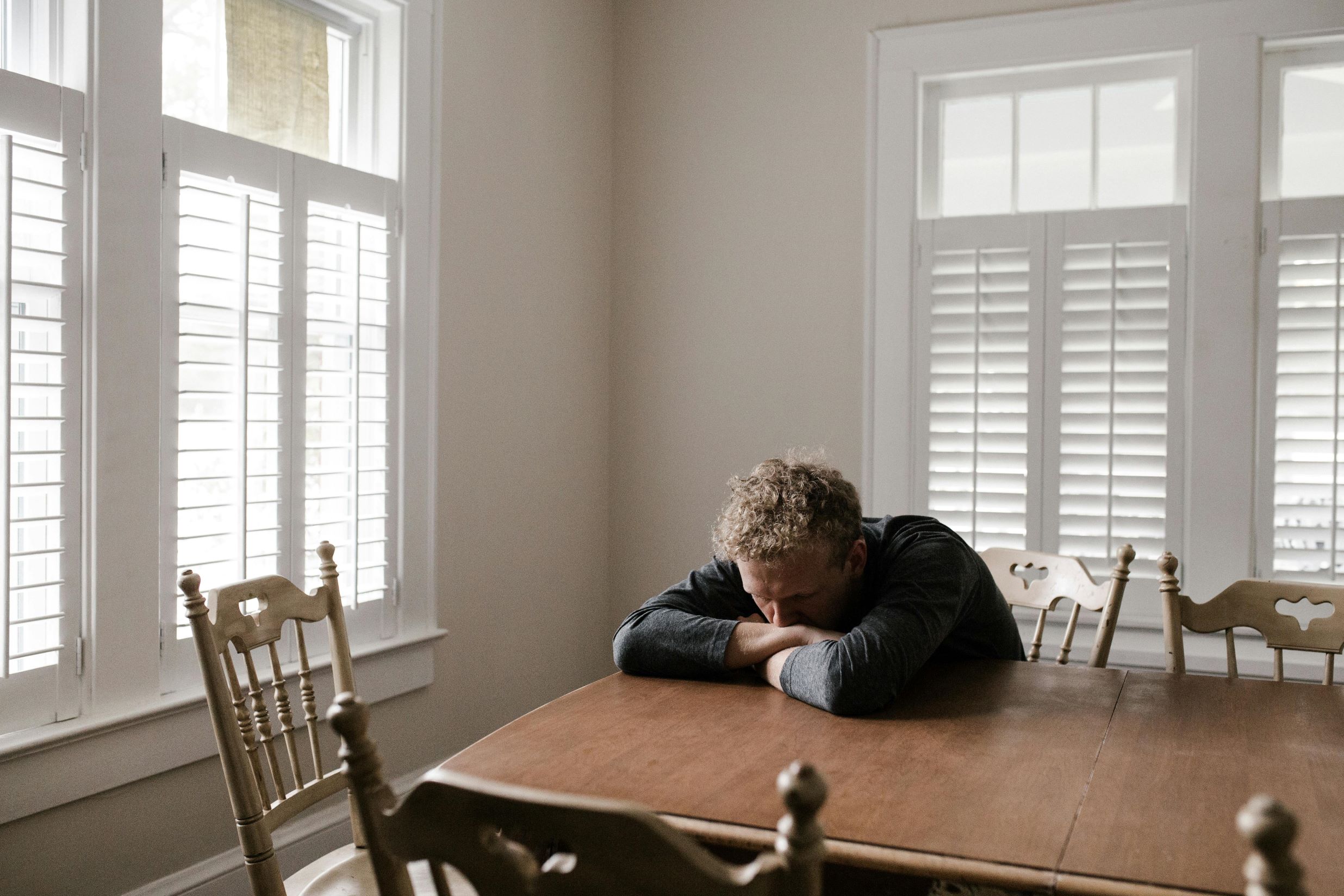Being depressed can feel like you’ll never get out of your own way. However, most depression is fixable. So, if your depression is holding you back from happiness, don’t procrastinate in getting help. Most debilitating mental health disorders don’t improve on their own. However, a combination of talk therapy, medication, and lifestyle changes can turn things around.
That said, the most effective depression treatment is an individualized, integrated approach of several therapeutic options. By becoming as knowledgeable as possible can really help you defeat depression, feel joyful, hopeful, and be the person you were meant to be.
Common Types of Depressive Disorders
The first step is to let your primary physician or psychiatrist know what you’re feeling. It’s vital to identify the type of depression you have. This diagnosis is important to determine the best treatment modalities.
Here are the most common forms of depression:
Major Depression: Daily symptoms disrupting sleep, appetite, mood, and outlook.
Persistent Depressive Disorder: Similar to major depression symptoms at a lower level and is chronic over time.
Bipolar Disorder: Characterized by extreme highs and lows or manic behavior.
Seasonal Affective Disorder: Most people fall prey during the winter season, when the days are short on daylight.
Prenatal Depression: Instigated by changes in hormones during pregnancy, they can affect your mood and lead to depression indicators.

Tips for Treating Depression
First, educate yourself as much as you can about your depression. It’s essential to determine whether your depression signs are intertwined with a medical illness. If so, the medical problem must be treated immediately or concurrently. This is known as a co-occurring disorder. At the same time, the type of depression and its impact are also factors.
It takes time to find the right treatment and medication that supports you best. Antidepressant medication is mostly trial and error within a full therapeutic dose. Patients should remain open to change and a little testing. Which is another reason to do your homework for you or a loved one’s depression.
It’s also important to note that medications rarely solve depression on their own. Patients are encouraged to incorporate exercise, therapy, and lifestyle changes into the process for the best possible outcome.
Healthy Lifestyle to Combat Depression
Physical Fitness: Research shows that exercise can be a game changer for depression sufferers. Incorporating a physical fitness routine can boost serotonin, endorphins that elevate mood in real time. Most importantly, you don’t have to work out like an Olympic athlete to see the benefits. Even a thirty minute daily walk can make a big impact.
Social Support: Isolation is a key risk factor for depression, as it’s easy to withdraw when you feel low. However, getting out and staying connected to family and friends is one of best defenses against depressive symptoms. Join an exercise or “meet up” group to expand your tribe.
Diet: Planning and consuming well-balanced nutrition throughout the day will help keep your energy optimized and minimize fatigue. While sugar and simple carbs offer a quick energy boost, they are short-lived and usually result in a “crash.” Complex carbohydrates and lean proteins are the most efficient choices.
Sleep: Sleep has a glaring impact on mood. When you don’t sleep enough or sleep too much, your symptoms are likely to worsen. In fact, both indications can create irritability, sadness, and fatigue. Ask your provider to help you develop a repeatable nightly routine before turning to prescription sleep medications that are habit forming.
Meditation: Meditation can help manage and decrease stress. Stress intensifies depression and puts you at risk for other mental health disorders like anxiety. Starting (or finishing) the day in calm environment is a terrific way to let go. This takes time but well worth the effort.
About Celadon Recovery
Celadon is comprehensive addiction and mental health treatment center located along the shores of the Caloosahatchee River in Fort Myers, Florida. With a full-continuum of care including detox, residential, and outpatient programs, we are committed to quality substance use and co-occurring disorder care. Call us today at 239-266-2141.





